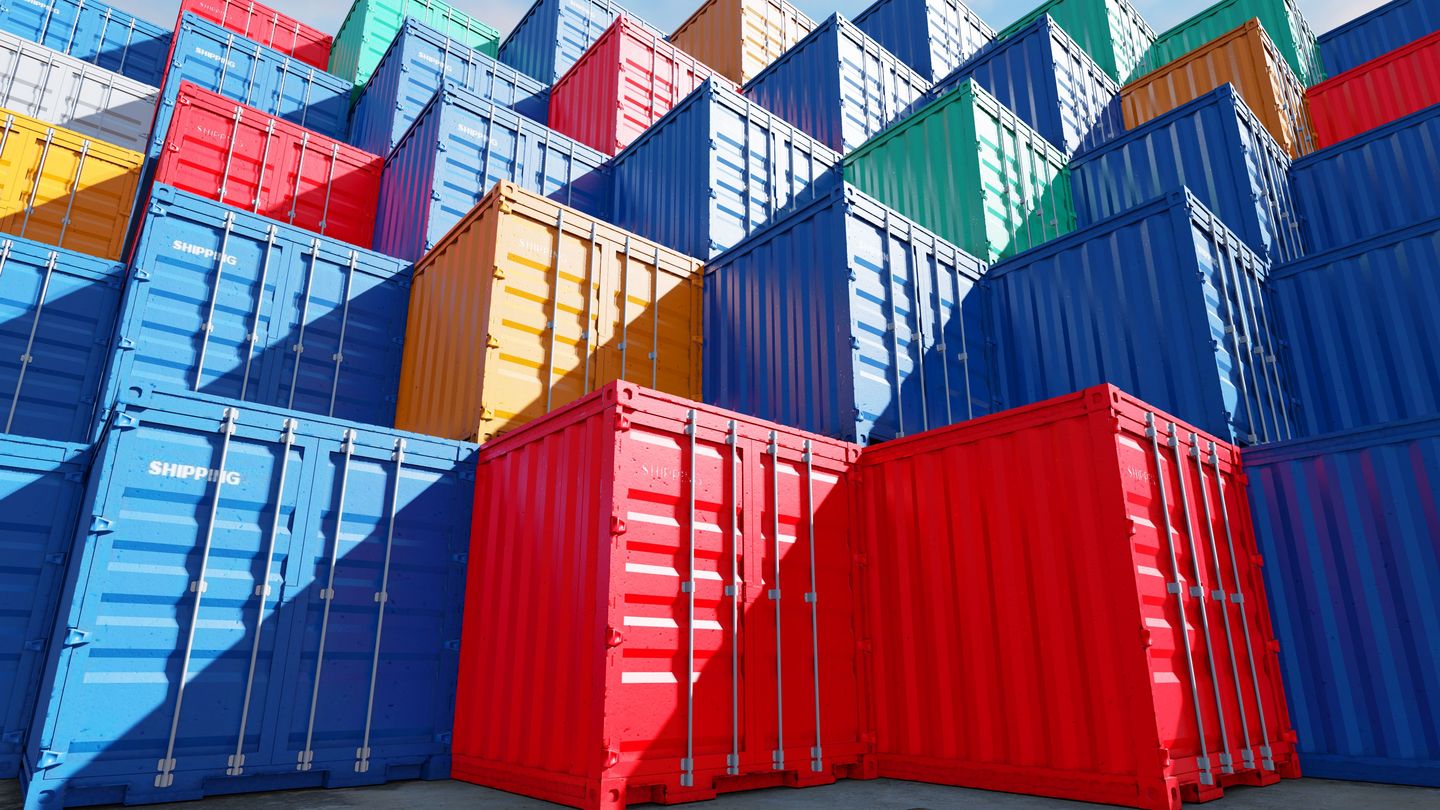Resilience for cereal supply chains in the Mediterranean
The EU-funded CERERE project is developing digital tools to enhance the resilience of agricultural supply chains in the Mediterranean region to crises.

- Project
CERERE - CEreals REsiliency REvolution for agile supply chain management in the Mediterranean
- Runnig time
1 Juni 2024 until 31 Mai 2027
- Responsible for the project
Prof Dr Dmitry Ivanov
- Project members from the HWR Berlin
Hiran Prathapage
Vivian Samstag - Project partners
University of Calabria
CAL-TEK S.r.l., Italien
Council for Agricultural Research and Economics, Research Centre for Cereal and Industrial Crops (CREA), Italien
GE Research
ISCTE, University Institute of Lisbon
SQLI Services, Tunsien
The American University in Cairo
Field Crops Central Research Institute, Ministry of Agriculture and Forestry
Slow Food International, Italien - Funded by
European Union (Horizon Europe) under Grant Agreement number 2331
- Projectwebite
- Social media
What is it about?
CERERE develops digital tools to strengthen the resilience of international cereal supply chains in the Mediterranean region. The aim is to identify risks at an early stage, mitigate disruptions, and ensure the long-term functionality of supply systems.
What motivates you to conduct this research?
Global crises such as pandemics, conflicts, and climate change reveal how vulnerable international supply chains are, especially in the agricultural sector. A robust and forward-looking food supply is essential for social stability, particularly in the MENA region.
What is the starting point?
Research has so far lacked practical digital tools that can map, simulate, and control complex agricultural supply networks. At the same time, many stakeholders in the Mediterranean region are not sufficiently prepared to respond to future disruptions.
What are the specific goals of this project?
- Identify risks and vulnerabilities in the cereal supply chain
- Develop a “smart control center” for the supply chain
- Use simulations and digital twins for risk prevention
- Derive recommendations for action and good practices for policy and practice
- Establish resilience as a guiding principle in the region
How does the project team intend to achieve these goals??
As part of a European research network, HWR Berlin is developing simulation models for cross-border supply chains. Realistic scenarios are used to highlight risks, test digital twins, and generate recommendations. All of this information is fed into a SaaS platform that serves as both a decision-making aid and an early warning system. HWR works closely with technology, agriculture, and governance partners in the Mediterranean region.
What have you discovered so far?
The project has just been launched. Initial analyses of the structure and vulnerability of Mediterranean cereal supply systems are underway. At the same time, the HWR Berlin is developing a simulation framework based on existing modeling approaches for resilient supply chains.
What surprised you?
Although many concepts of resilience exist, in practice there is often a lack of concrete “toolboxes” for decision-makers. Especially in smaller businesses or administrations, the need for accessible, locally adapted solutions is greater than expected.
What contribution does the project make to sustainability?
CERERE promotes social and economic sustainability by strengthening security of supply in times of crisis. Its digital solutions enable forward-looking, fair, and resource-efficient supply chain management—especially for small producers in the Mediterranean region.
Contact
Department of Business and Economics
Prof. Dr. Dmitry Ivanov, Professor for Supply Chain Management
dmitry.ivanov (at) hwr-berlin.de
